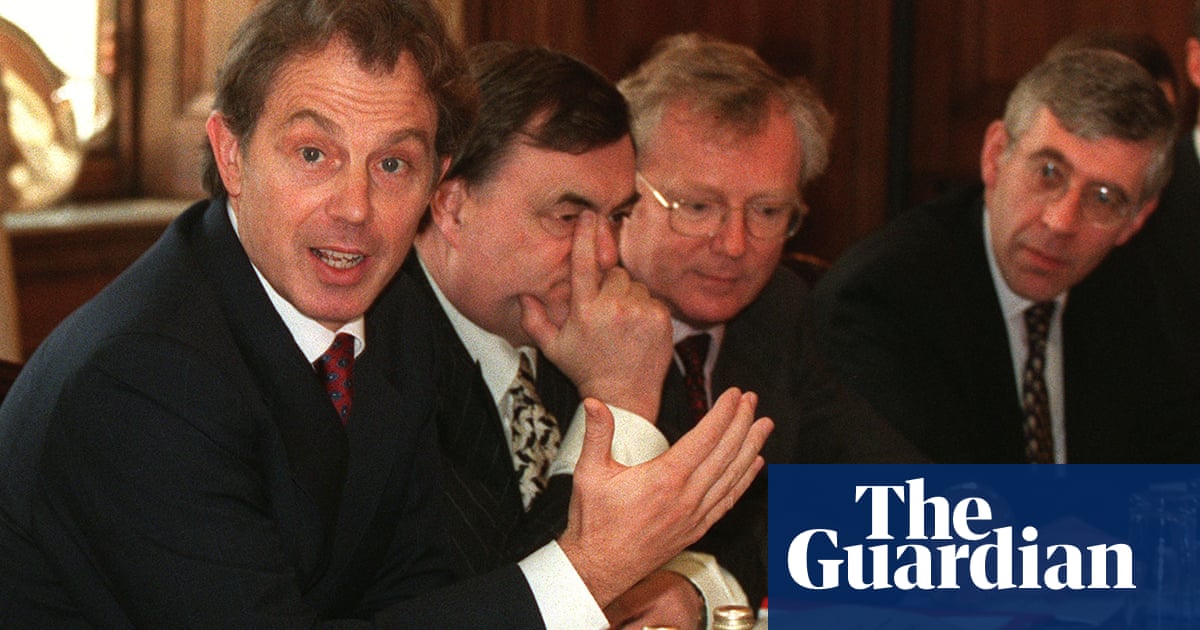The minimum wage has driven up the pay of millions of Britain’s lowest earners by £6,000 a year, making it the single most successful economic policy in a generation, according to a leading thinktank.
Since its introduction in 1999 by Tony Blair’s first Labour administration the policy has secured cross-party agreement, and should be seen as the basis for further improvements in the welfare of low wage workers, the Resolution Foundation said.
The minimum wage will increase on Monday 1 April as it rises from £10.42 to £11.44, in the third-highest annual change in its history – a rise of 9.8% in cash terms and 7.8% above inflation.
In a study released to mark 25 years since the policy’s introduction, the foundation said workers would have been £6,000 a year worse off since 1999 if their pay had only risen in line with average wages rather than the increases recommended by the independent Low Pay Commission.



On one hand this is good news. On the other hand it represents a problem whereby employers exploit workers via low pay and causes low productivity.
That problem isn’t going away too soon unless employers change their stance in paying better wages to get better productivity.
As the saying goes “minimum wage, minimum effort” unfortunately.
Here’s an article via the LSE on low wage and productivity.